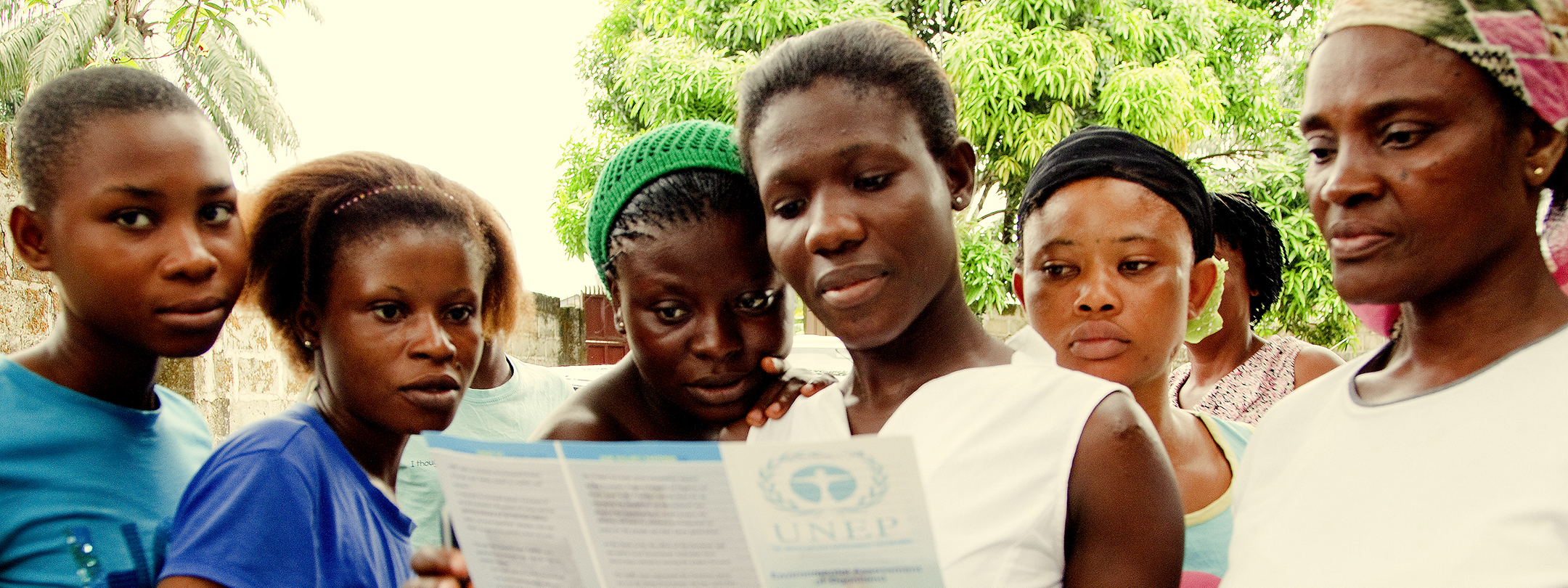Collaborative Governance and Conflict Management: Lessons Learned and Good Practices from a Case Study in the Amazon Basin
Publisher: Society and Natural Resources
Author(s): Joshua Fisher, Hannah Stutzman, Mariana Vedoveto, Debora Delgado, Ramon Rivero, Walter Quertehuari Dariquebe, Luis Seclén Contreras, Tamia Souto, Alexandra Harden, and Sophia Rhee
Date: 2019
Topics: Assessment, Governance, Monitoring and Evaluation, Programming, Renewable Resources
Countries: Peru
Given the linkages between natural resources and social conflicts, evidence increasingly shows that successful natural resource management requires conflict mitigation and prevention. However, there may be a gap in practice between knowing what processes and tools need to be used to manage conservation conflicts and how to actually implement them. We present learning from a practice-based case study of conflict management in the Amarakaeri Communal Reserve in the Peruvian Amazon that aimed to develop natural resource governance institutions and build stakeholder capacity, including of indigenous groups, to navigate existing conflict resolution mechanisms. Through applying good practices in conservation conflict management and collaborative governance, we generated important lessons on the practical considerations involved in collaborative conservation. These lessons, while specific to our case, could be applied to a variety of protected areas facing complex social-ecological systems dynamics and wicked problems.
